Agriculture & Food-Related Products
Agriculture & Food-Related Products: Connecting Farms to Global Markets
The Agriculture & Food-Related Products sector is one of the most dynamic and essential pillars of international trade. It encompasses raw crops, processed foods, beverages, and agricultural materials that sustain billions of lives and industries worldwide. From farm to table, efficient sourcing, quality control, and logistics are key to delivering safe, fresh, and reliable products. This article highlights the global importance of this sector, focusing on China–Vietnam trade integration and the expanding opportunities in sustainable food supply chains.
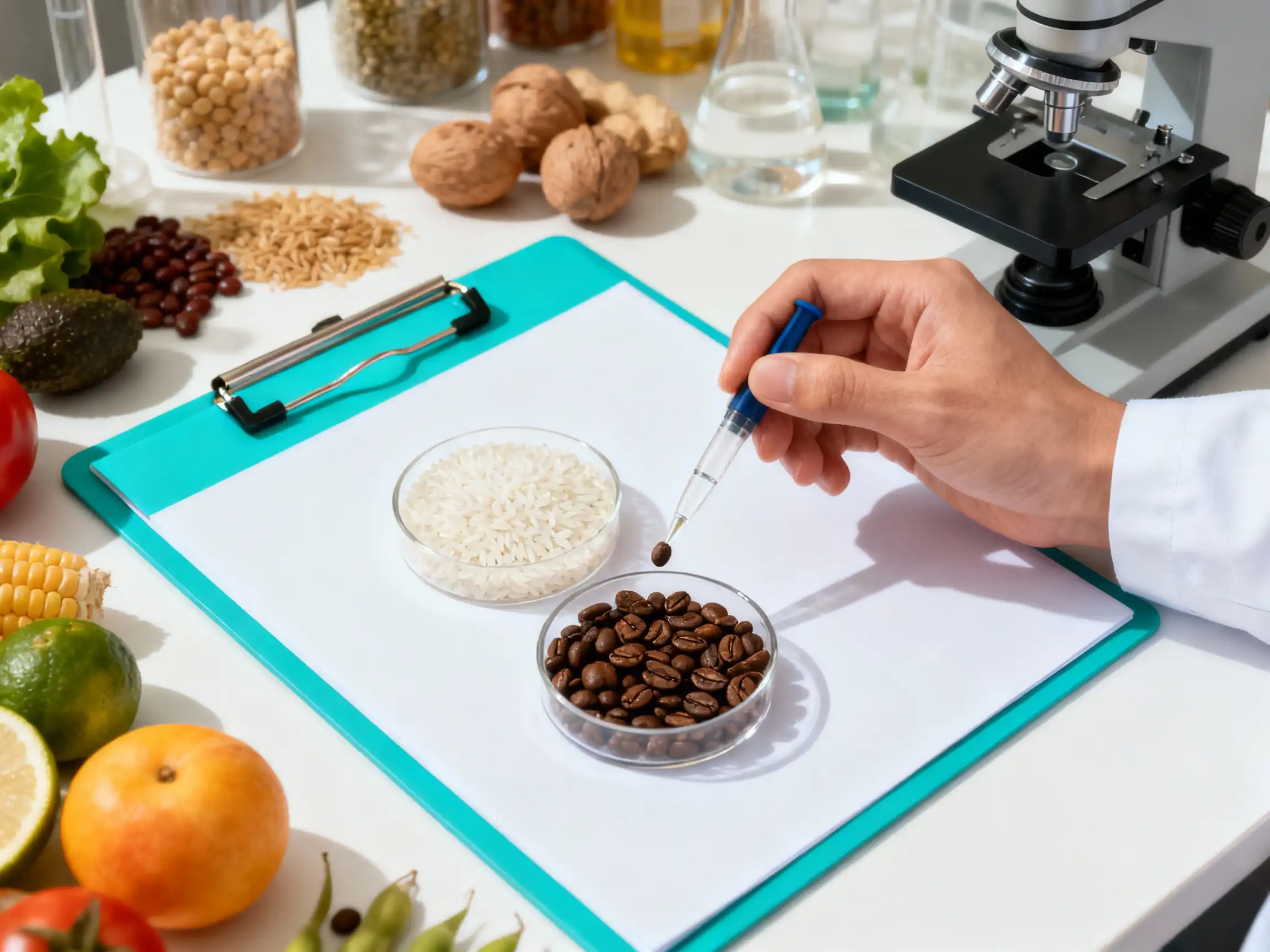

The Importance of the Agriculture & Food Trade Industry
The sector plays a central role in the global economy and human well-being:
- Food Security: Ensures consistent access to nutritious and affordable food through international supply chains.
- Economic Growth: Agricultural exports generate income for millions of farmers and contribute significantly to GDP across developing nations.
- Global Connectivity: Cross-border sourcing allows fresh and processed foods to reach diverse markets with optimized logistics and cold chain systems.
Key Drivers of Growth in Agriculture & Food Trade
Several major trends continue to shape the modern agricultural and food export landscape:
- Rising Global Demand: Population growth and increasing disposable incomes have fueled demand for high-quality agricultural and processed food products worldwide.
- Technological Innovation: Smart farming, precision agriculture, and digital tracking systems ensure higher productivity and better supply transparency.
- Agri-Processing Expansion: Vietnam and China are leading hubs for processing coffee, rice, seafood, tea, and fruit-based products tailored for export markets.
- Sustainability and Green Farming: Consumers and importers increasingly prefer organic, chemical-free, and fair-trade certified products.
- Cross-Border Integration: China–Vietnam cooperation continues to improve customs efficiency, cold storage capacity, and food safety compliance.
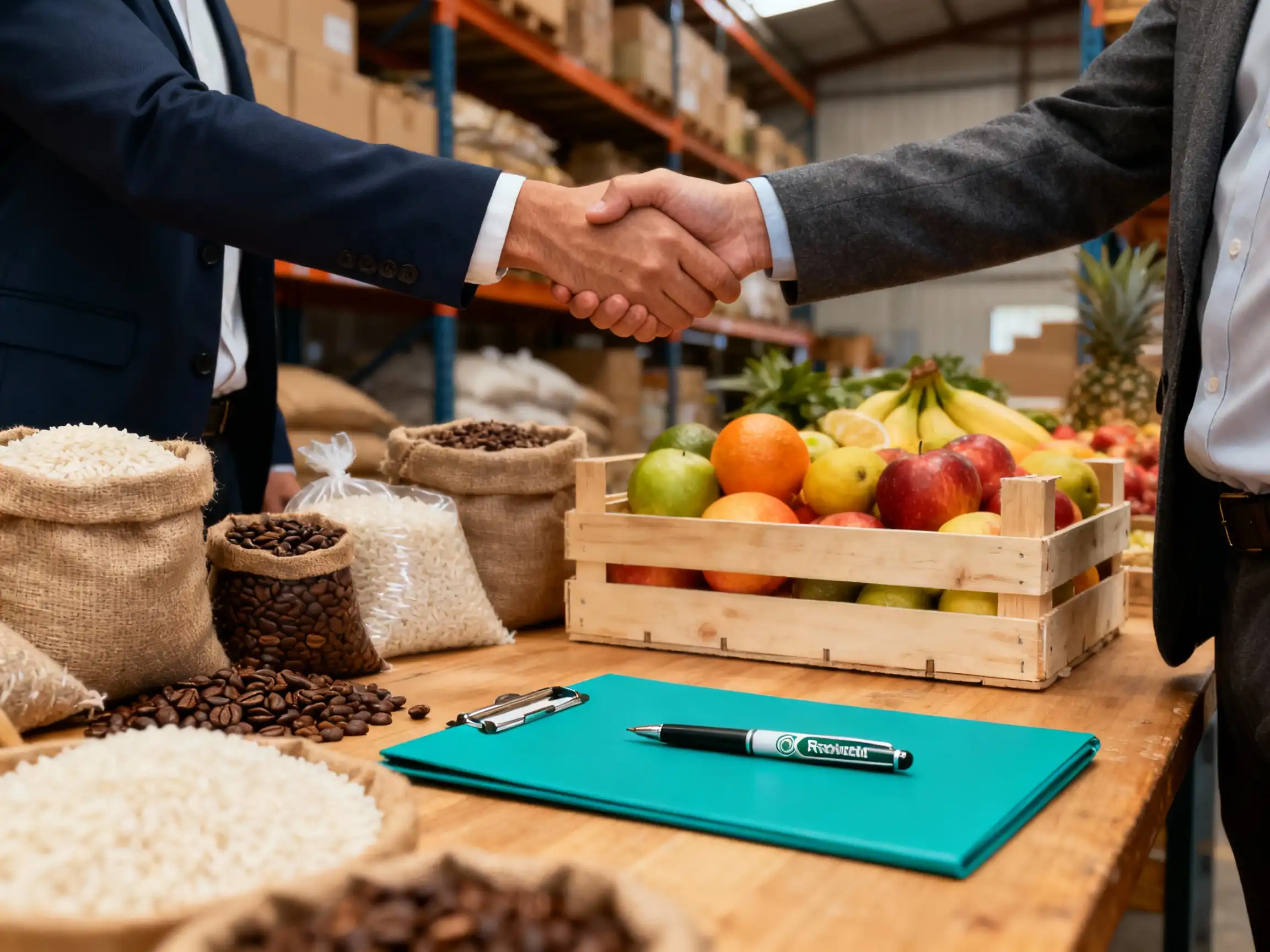
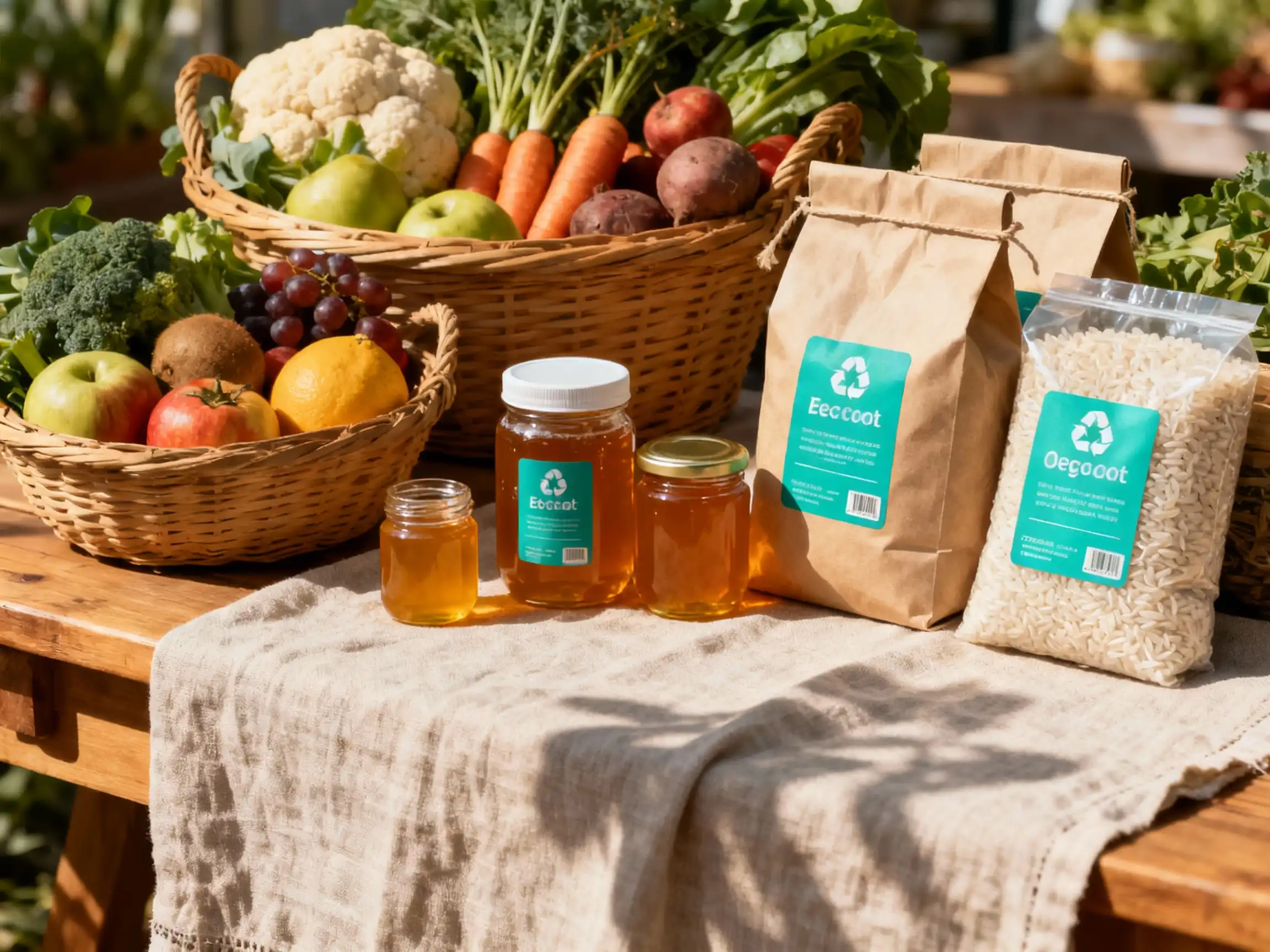
Challenges Facing the Agriculture & Food Export Industry
While opportunities expand, the industry also encounters global challenges:
- Quality and Safety Standards: Exported food products must meet strict international hygiene, labeling, and certification requirements (HACCP, ISO, GlobalG.A.P.).
- Climate and Resource Risks: Droughts, floods, and soil degradation can disrupt agricultural yields and raise costs.
- Logistics and Cold Chain: Maintaining freshness through efficient packaging, temperature control, and last-mile delivery is essential but resource-intensive.
- Price Volatility: Commodity markets are highly sensitive to weather, geopolitics, and global demand fluctuations.
- Traceability and Transparency: Importers require clear origin data and verifiable sustainability practices, demanding digitalized trace systems.
The Future of Agriculture & Food-Related Products Trade
The future of agricultural and food product trade lies in combining technology, sustainability, and global cooperation. Smart logistics systems, blockchain-enabled traceability, and eco-friendly packaging will define the next era of food exports. With China as a manufacturing hub and Vietnam as a key agricultural exporter, Hainan You Ni Trade Co., Ltd. bridges producers, distributors, and importers — ensuring safe, high-quality food products reach global shelves with transparency and efficiency.
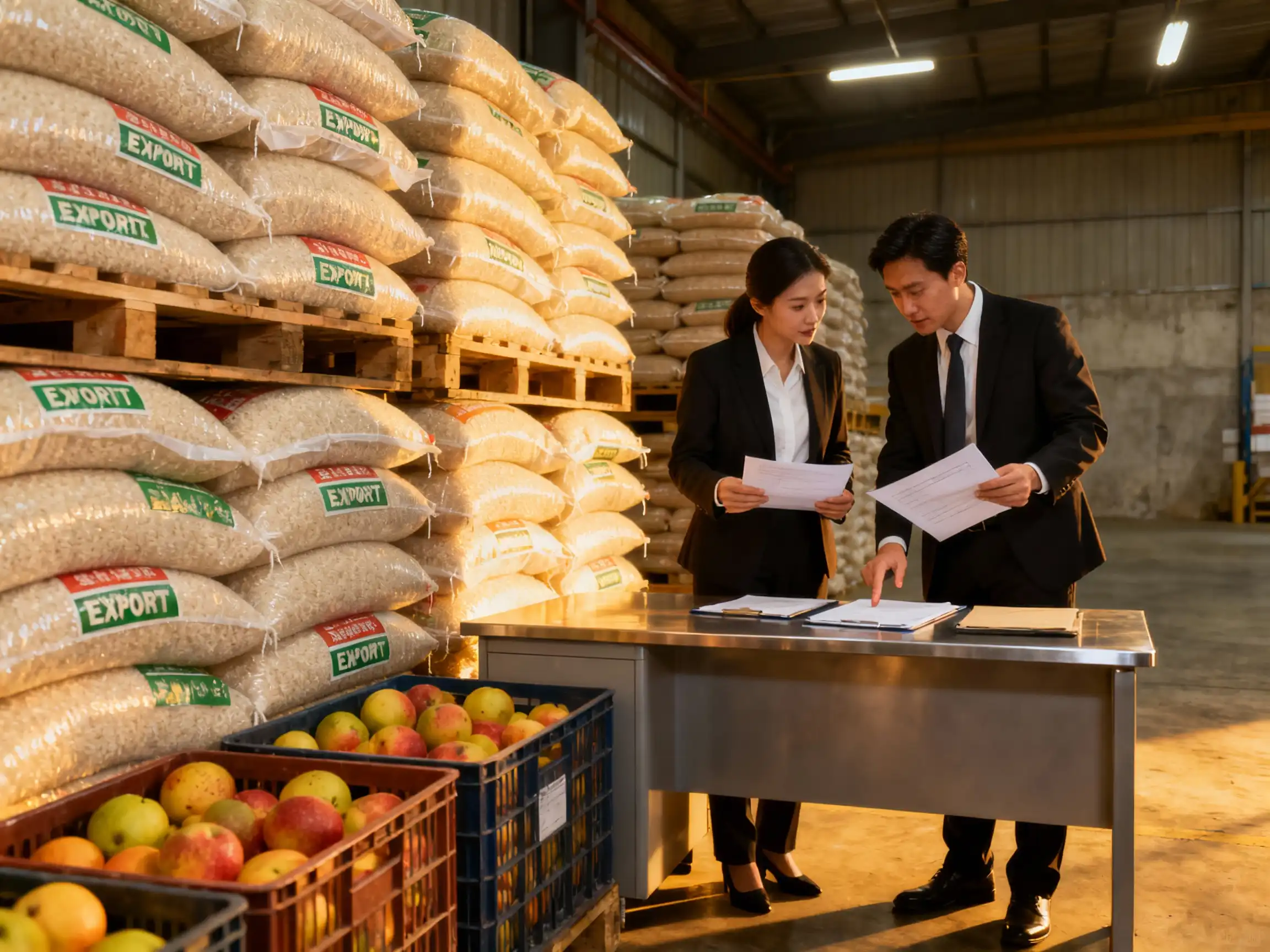
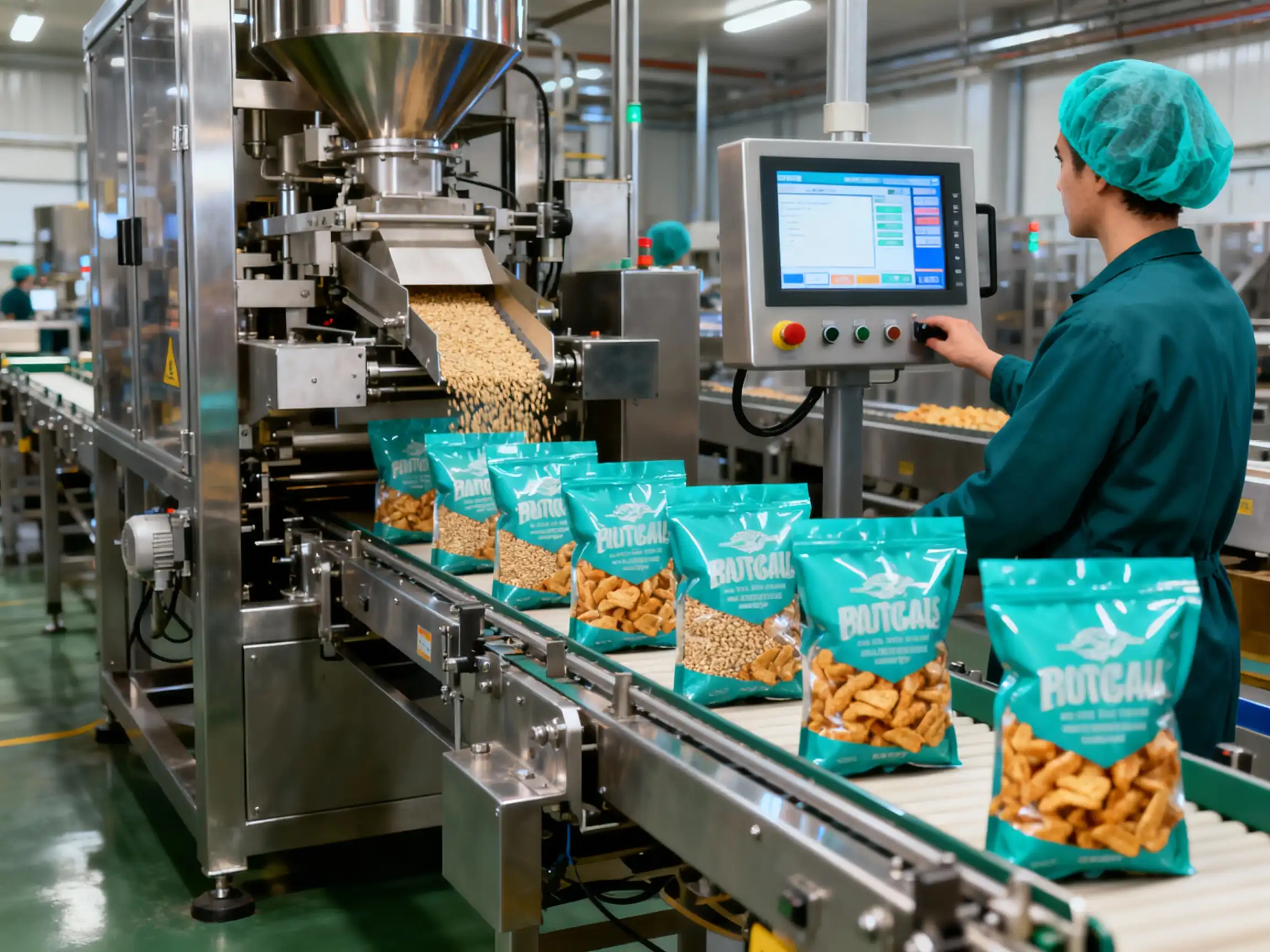
In conclusion, the Agriculture & Food-Related Products sector is more than an industry — it is a global network that connects farmers, processors, and consumers. Through efficient sourcing, quality inspection, and reliable logistics, Hainan You Ni Trade Co., Ltd. empowers global buyers to access trusted agricultural products from Asia’s most productive regions, supporting food security and sustainable growth worldwide.
